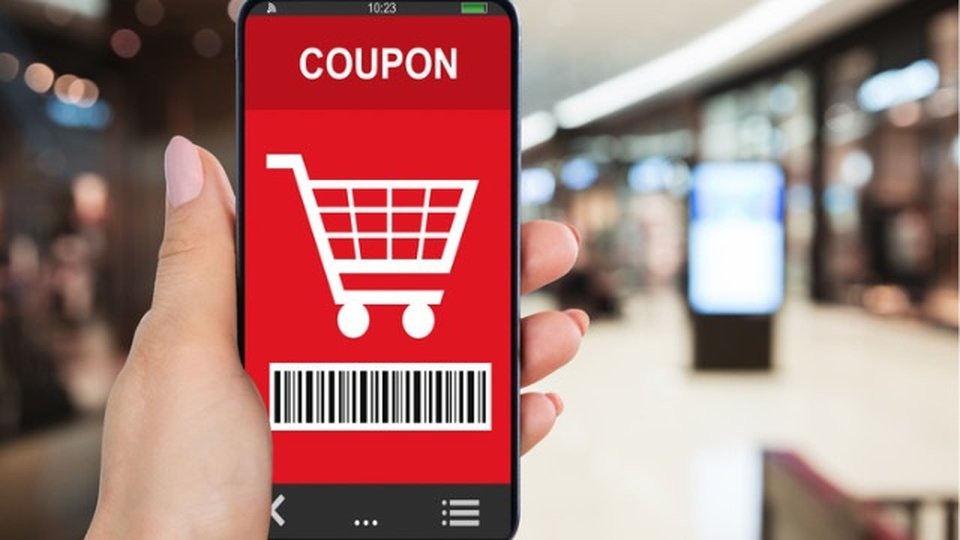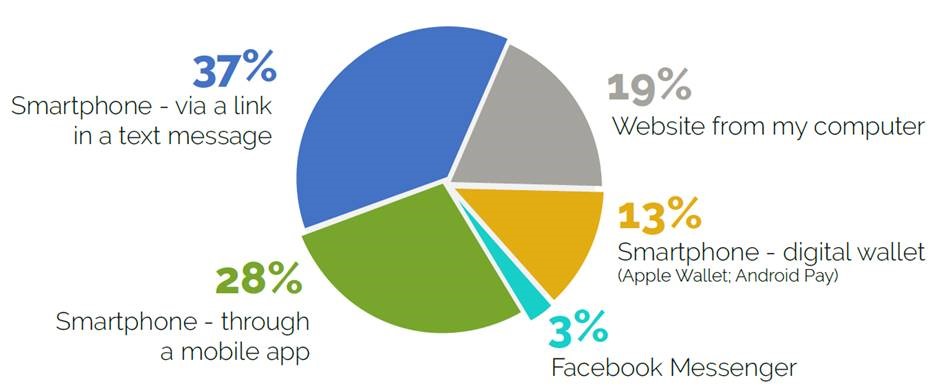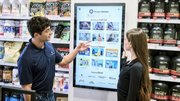Marketing
Making sure your coupons deliver by leveraging mobile marketing
Dan Slavin, CEO and co-founder of CodeBroker, details the evolution of couponing from traditional to digital and explains why mobile is top of mind for consumers.

June 29, 2020 by Dan Slavin — CEO, CodeBroker
Retailers use coupons in a variety of ways — to attract new customers, to keep existing customers engaged, to introduce products and services, to reward past purchases. And consumers respond to coupons. But, increasingly, they only respond when coupons are delivered through their preferred channels and when they are easy to access and use.
That's the sentiment of respondents to a loyalty survey of 1,287 consumers. As much as 78% said access to information from their smartphones would make a difference in their choice of engaging with special offers. Mobile coupon platforms and mobile coupon software can be powerful ways for retailers to connect with consumers and compel them to immediate action.
A rich history of consumer engagement
Couponing is nothing new. In fact, the practice of using coupons to get consumers to take action in the form of a product purchase dates back to 1887 when Coca-Cola co-owner, Asa Candler, came up with the idea: "Between 1894 and 1913, an estimated one-in-nine Americans had received a free Coca-Cola, for a total of 8,500,000 free drinks." Their use was prompted by coupons designed to create interest and spur action.
Fast-forward to more than 125 years later and retailers are still using coupons to spur action — only these days those coupons are more likely to be delivered digitally than via newspapers, magazines, or mailboxes.
Retailers aren't the only group whose use of coupons has evolved to adapt to the availability of new technologies. Consumer use and expectations have also changed.
In a digital world, some retailers struggle to connect
Marketing leaders often lament that their coupon offers fail to resonate with much of their target audience. Why? The top reasons tend to include:
- More competition. Most brands have their own couponing strategies, meaning consumers have increasingly more options.
- Over-reliance on paper. Paper worked — for a while. It does not anymore. The rapid adoption of smartphones means consumers are more likely to access these offers via their mobile devices.
- Channel challenges. Marketers often don't know the best contact strategy to meet the individualized needs of all of their customers and prospects.
- The reasons behind coupon fatigue among consumers can also be complex. Successful strategies don't have to be.
Savvy couponing strategy drives results
A century ago, consumers would clip coupons and carry those coupons with them (when they remembered to) and use them when buying goods at local markets. Even today, having ready access to coupons is critical to ensure usage — a key consumer turnoff is having to remember them and not having them available when they might otherwise have been used.
In fact, even heavy brand-loyal consumers are likely to try a competitive brand if presented with a coupon in the right place, at the right time, via the right channel. In fact, as many as 69% of brand-loyal shoppers would switch labels based on the promise of a discount delivered via coupon. In addition, almost 9 in 10 (85%) will make a purchase based on an in-store discount.
One important strategy to ensure ease of access for today's busy consumers: delivering coupons and rewards via multiple channels. Loyalty research shows that consumers have a range of preferences for accessing their rewards programs and engaging with coupons or special offers via mobile—including mobile app, digital wallet, or the most popular, via text message link (37%). To reach the broadest segment of consumers, savvy retailers incorporate multiple channel methods to deliver special offers recognizing that, in the 21st century, mobile is everywhere.

Consumers indicate preferred method for accessing rewards program info | Source: CodeBroker
Mobile gets around pet peeves
Given that 78% of consumers prefer to receive these special offers via smartphone (either as a link in a text message, via digital wallets or mobile app), the ability to target consumers in-store with special offers they can activate and use on the spot has power that is hard to beat.
Their biggest pet peeve: not being able to access a special offer via their mobile device or having to download and use a mobile app, according to 54% of respondents.
Retailers that have evolved their use of couponing from traditional to digital can leverage the power of convenience and ready access to spur action. With so many consumers tied to their phones at all times, using mobile devices to receive, store, access and use coupons is always top-of-mind.
Dan Slavin is CEO and co-founder of CodeBroker. He earned a BS in Electrical Engineering from Yale and an MBA from Harvard.
 ChatGPT
ChatGPT Grok
Grok Perplexity
Perplexity Claude
Claude




